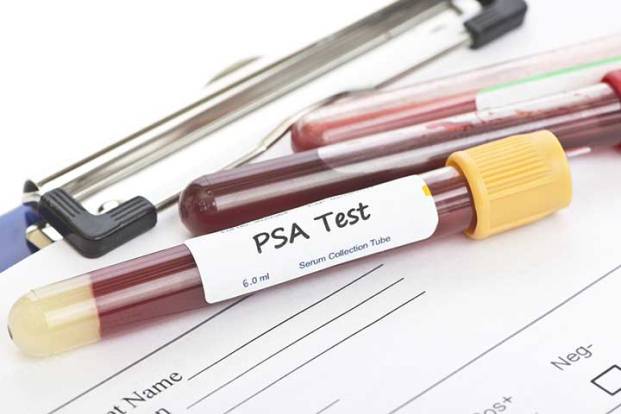What happen during a DRE and a PSA test
Apr 19, 2022
DRE or Digital Rectal Exam & PSA or Prostate-specific antigen test are the 2 most common tests for screening prostate cancer.

DRE: Digital Rectal Exam
Prior to getting a DRE done, we shall consider the following:
- The mechanism of DRE
- The length of DRE
- The pain factor
- The accuracy of DRE in identifying a cancer
- The time of availability of DRE results
- Who would explain the result?
- Would there be any additional tests if the result suggests cancer?
Men are all advised to:-
- Inform the doctor whether they have hemorrhoids or an anal fissure because DRE can make it worse
- Understand the advantages and any risks of DRE & agree to have the test done
During DRE
DRE is usually not painful & takes only a few minutes for completion.
For the test, a specialist gently inserts a gloved and lubricated finger into the rectum. This is done to determine the size of prostate & to feel the bumps, hard or soft spots & other abnormalities. Prostate cancer often begins on the back of the gland which can be felt during the rectal exam. If the prostate has got enlarged, the patient can feel discomfort or some mild pain during the test
PSA: Prostate Specific Antigen
It is done to guarantee accuracy. The patient must not have:
- Ejaculated for 48 hours earlier
- A urine infection
- Exercised too hard in last 48 hours
- Had got done a prostate biopsy in the last 6 weeks
Above factors can raise the level of PSA. Sometimes, a high level of PSA can simply be because of increased activity or tension. Intense work, exercise or travel could result in rising PSA.
What does a PSA test involve?
It is a blood test to identify prostate problems. It measures the PSA amount being made by a prostate gland. Some of this protein leaks into our blood & may be evaluated by doctors. The higher level of PSA in blood signifies the higher chances of the existence of a prostate problem. But many factors could influence the level of PSA like ethnicity and age. Some prostate glands make higher PSA levels than the others.









